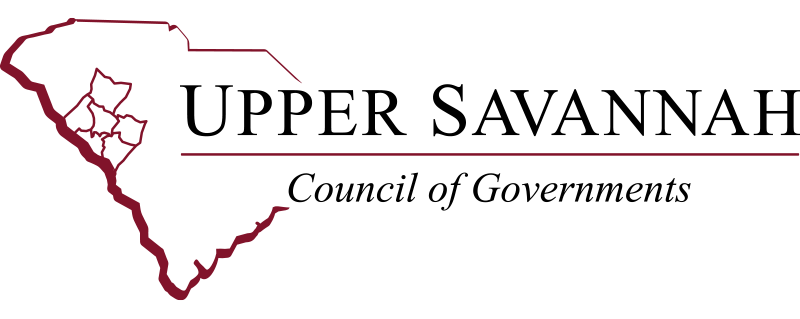Funding to Become Available for Electric Vehicle Charging Stations in Communities
The Biden-Harris Administration has opened applications for a new multi-billion-dollar program to fund electric vehicle (EV) charging and alternative-fueling infrastructure in communities across the country and along designated highways, interstates, and major roadways.
This is a key step towards the President’s goals of building a national network of 500,000 public EV charging stations and reducing national greenhouse gas emissions by 50–52 percent by 2030.
The U.S. Department of Transportation’s new Charging and Fueling Infrastructure (CFI) Discretionary Grant Program, established by the Bipartisan Infrastructure Law, will provide $2.5 billion over five years to a wide range of applicants, including cities, counties, and local governments.
This round of funding makes up to $700 million from fiscal years 2022 and 2023 funding available to strategically deploy EV charging and other alternative vehicle-fueling infrastructure projects in publicly accessible locations in urban and rural communities, as well as along designated Alternative Fuel Corridors (AFCs).
“Extending EV charging infrastructure into traditionally underserved areas will ensure that equitable and widespread EV adoption takes hold,” said U.S. Secretary of Energy Jennifer M. Granholm. “Ensuring that charging stations are more visible and accessible in our communities addresses the concerns many American drivers have when considering making the switch to electric.”
A priority of the CFI Program is bringing EV charging into urban and rural communities, downtown areas and local neighborhoods, particularly in underserved and disadvantaged communities, as well as to designated alternative fuel corridors.
The Bipartisan Infrastructure Law divides the CFI Program into two distinct grant funding categories, and requires that 50 percent of the funding over five years is made available for each:
The Community Program will provide $1.25 billion to strategically deploy publicly accessible EV charging infrastructure, and hydrogen, propane, or natural gas fueling infrastructure in communities. Infrastructure may be located on any public road or in other publicly accessible locations such as parking facilities at public buildings, public schools, and public parks, or in publicly accessible parking facilities owned or managed by a private entity.
The Corridor Program will provide $1.25 billion to strategically deploy publicly accessible EV charging infrastructure and hydrogen, propane, and natural gas fueling infrastructure along designated alternative fuel corridors (AFCs).
Eligible applicants and projects for both categories are outlined in a Notice of Funding Opportunity. Applications are due by May 30, 2023.
FHWA and the Joint Office of Energy and Transportation plan to conduct outreach to potential grant applicants regarding the CFI Program via webinars throughout March and April and will provide direct technical assistance. Information on upcoming webinars can be viewed here. Visit DriveElectric.gov to access technical assistance from the Joint Office.



